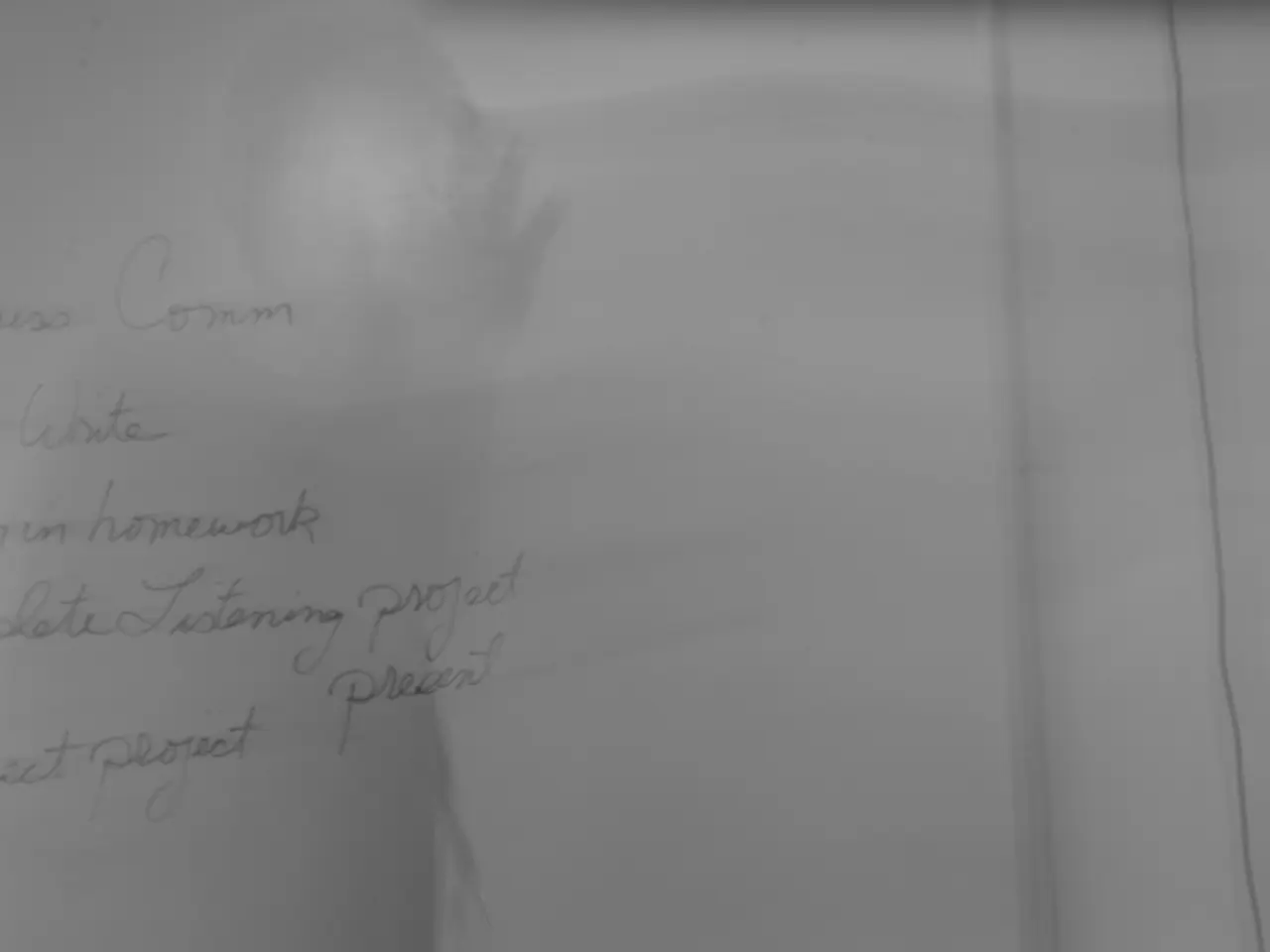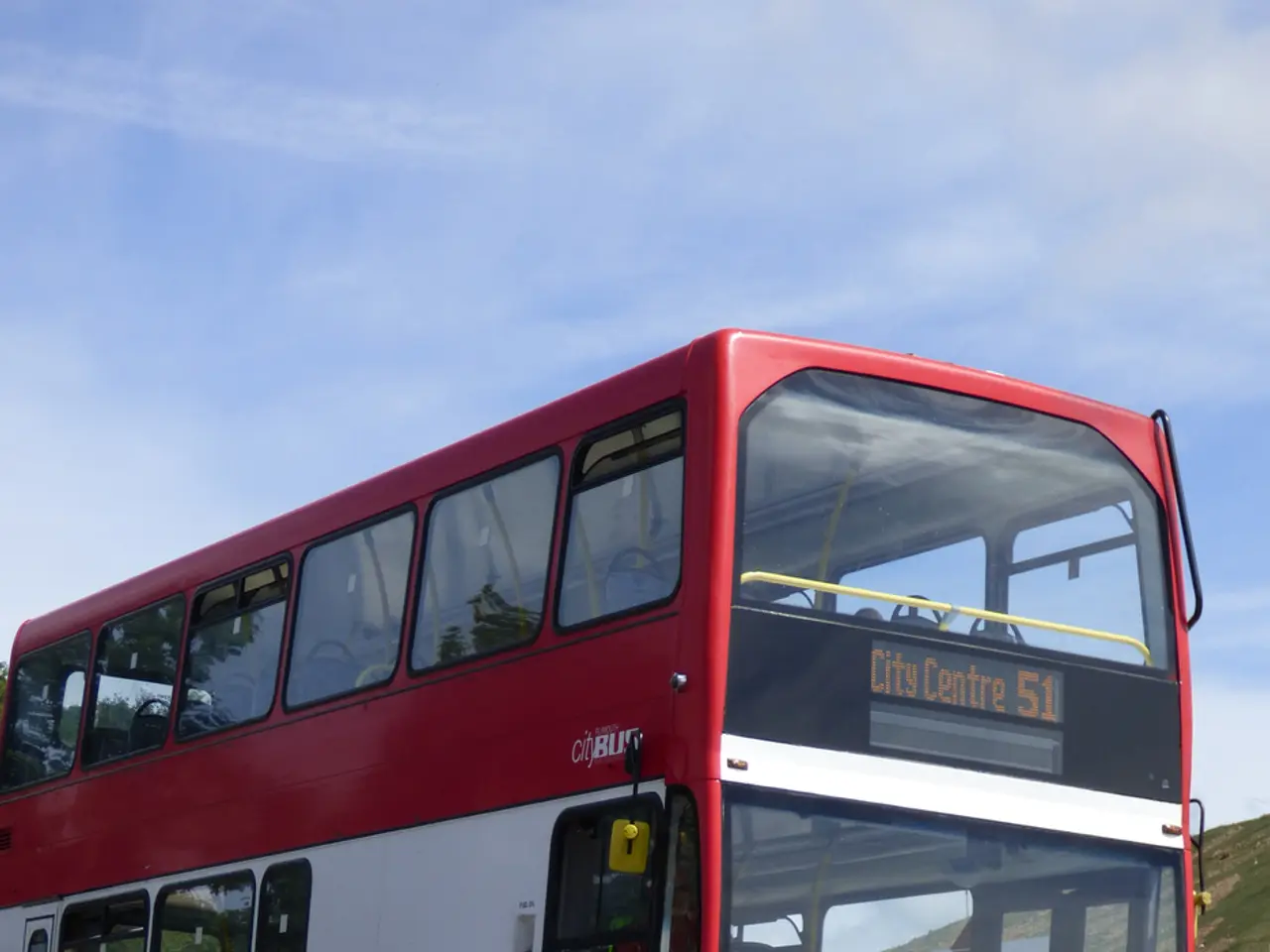Benteler's operations continue to be rooted in Paderborn.
In the heart of North Rhine-Westphalia (NRW), the Hochstift region is grappling with ongoing challenges, despite a gradual improvement in economic sentiment. The region's industrial sector, in particular, is facing significant hurdles, with energy costs remaining a critical concern.
Matthias Siemer, a prominent figure, has emphasised the need for relief from high energy costs in industry, extending beyond his previous statements. He highlights energy as a key challenge, with electricity costs in the automotive sector increasing from around 30-38 euros per megawatt hour before the Ukraine war to 83 euros last year.
The Hochstift region's economy, as reported by journalist Melanie Cramer, is far from good. Many companies in the region are struggling with weak demand, and one company has gone as far as to report not receiving an order or a quote request in over two months.
The broader economic environment also underscores the need for cautious, flexible long-term planning. Uncertainties include global trade dynamics, the pace of inflation normalization, and the timing of further interest rate adjustments by the European Central Bank. The commitment to climate and energy transitions also demands that companies and residents adapt to new regulatory and infrastructural realities, which while promising in the long run, require upfront investments and strategic adjustments.
Investor and business sentiment in Germany, including regions like NRW, has improved notably. The ZEW Economic Sentiment Index surged to 47.5 in June 2025—the highest since early 2023—driven by factors such as a new federal government, resolution in tariff disputes, stabilizing inflation, and expectations of monetary easing by the European Central Bank.
However, despite the more optimistic sentiment, energy costs remain a significant challenge, especially for businesses in the industrial-focused Hochstift region. The easing inflation and positive investor outlook provide some optimism, yet challenges remain, particularly regarding energy costs and the strategic adjustments needed for sustainable economic resilience.
Matthias Siemer rates the performance of the new coalition as a C, but this rating is not related to the Hochstift region. A recent survey shows that only 37% of NRW residents believe the black-red federal government will boost the economy, but this fact is not directly linked to the Hochstift region's economy.
In conclusion, residents and businesses in NRW and the Hochstift region are navigating a landscape of gradually improving economic sentiment but continue to grapple with energy-related cost pressures and uncertainties in long-term economic planning. The easing inflation and positive investor outlook provide some optimism, yet challenges remain, particularly regarding energy costs and the strategic adjustments needed for sustainable economic resilience.
In the context of the Hochstift region's ongoing challenges, Matthias Siemer, a prominent figure, has highlighted energy costs as a key challenge, emphasizing the need for relief in the industry sector, where electricity costs in the automotive sector have increased significantly. The broader economic environment in NRW also demands cautious, flexible long-term planning, with uncertainties including global trade dynamics, inflation normalization, interest rate adjustments, and the commitment to climate and energy transitions. Despite the improving investor sentiment, energy costs remain a significant challenge for businesses, especially those in the industrial-focused Hochstift region.




